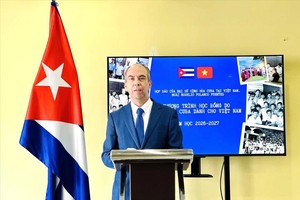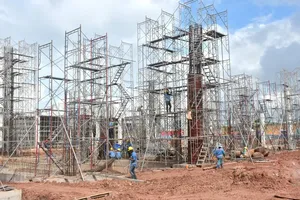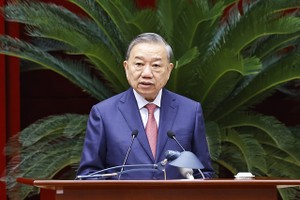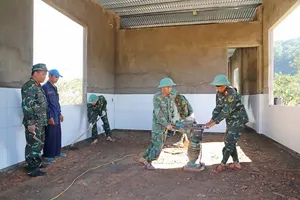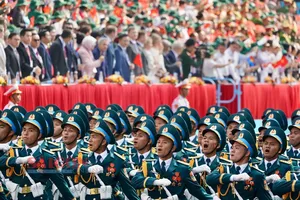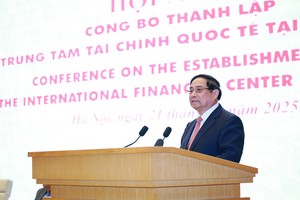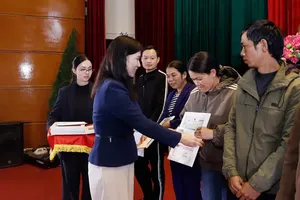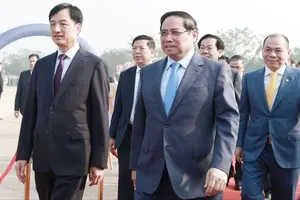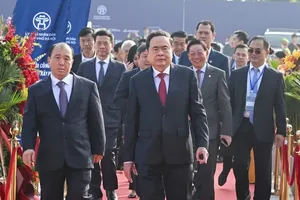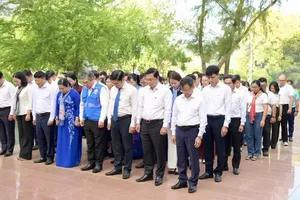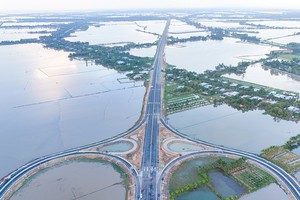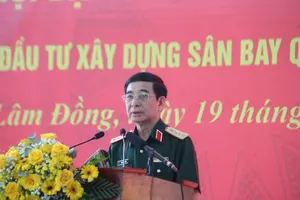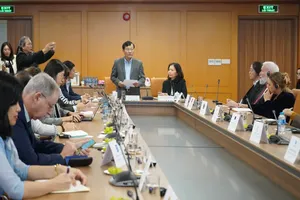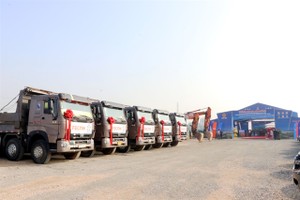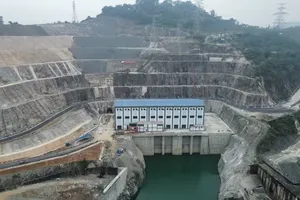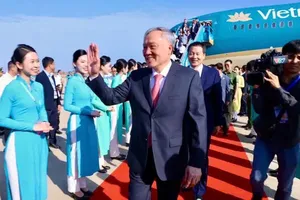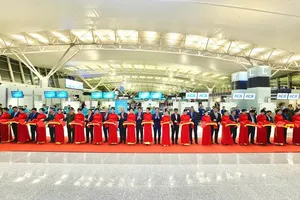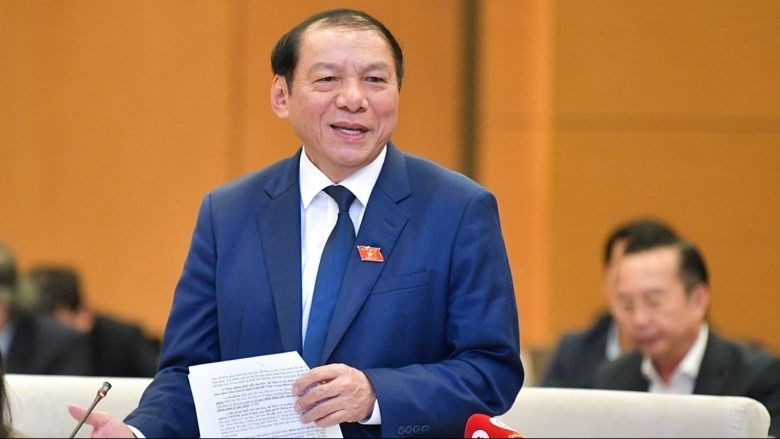
He revealed that national athletes only receive a monthly salary of over VND7 million (US$300); art officials who have dedicated 10 years of service receive around VND5 million (US$220) per month after deducting social insurance.
In his report to the National Assembly (NA) deputies at the seventh session to explain and answer questions, Minister Hung acknowledged that the selection and training of sports athletes in recent times has gradually met the requirements set out, contributing to raising the achievements of Vietnamese sports.
Vietnam has won gold medals at the Olympics and Paralympics; moreover, it has always been among the top 3 countries in the SEA Games and has topped the medal tally twice in a row at the SEA Games 31 and 32. Olympic sports such as athletics, gymnastics, swimming, football, shooting, weightlifting, rowing, and fencing have been invested in and have achieved many remarkable outcomes. Vietnamese football has made progress in both regional and continental arenas.
However, according to Minister Hung, investment in training sports talents is still low compared to demand. The present investment in training sports talents has not been in parallel with the guidance of the Politburo’s Resolution 08-NQ/TW on strengthening the Party's leadership, creating a strong development of physical education and sports by 2020 leading to a shortage of young athletes in national teams.
In particular, the salary regime for athletes of youth teams and national teams according to Decree No. 152/2018/NĐ-CP is still low. For instance, national athletes receive VND270,000 a person daily x 26 working days = VND7,020,000 a month. The low salary for sports athletes makes it difficult to implement incentive policies and talent attraction.
Similarly, arts and culture officials with 10 years of seniority (average age of 35) receive about VND5 million monthly after deducting social insurance, only slightly higher than the regional minimum wage.
For laborers who have just been appointed to civil servants, acting positions (average age of 25), the intermediate salary coefficient of civil servants of category B, level 1 will be 1.86. After deducting 10.5 percent of social insurance, civil servants’ incomes are lower than the regional minimum wage which can’t meet the living, eating, accommodation and travel needs of actors.
In terms of training allowances, from 2015 to now, after 6 increases in the basic salary, the training allowance is still implemented according to the Decision No. 14/2015/QD-TTg on job allowances and training allowances for people working in the field of performing arts.
Accordingly, the lowest level is VND35,000 for a practice session and the highest level is VND80,000 for a practice session. The lowest and highest performance allowance are VND80,000 and VND200,000 respectively. The Minister moaned this level does not keep up with the needs of life, so it does not encourage and motivate civil servants and professional actors in the field of performing arts.
